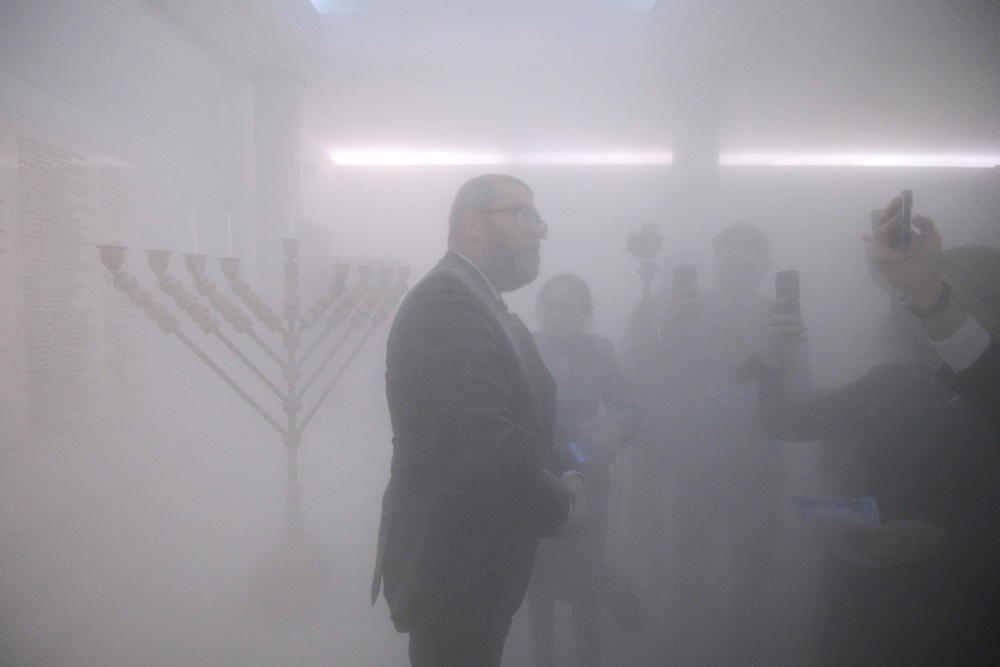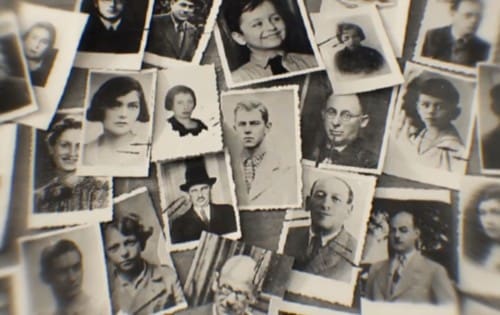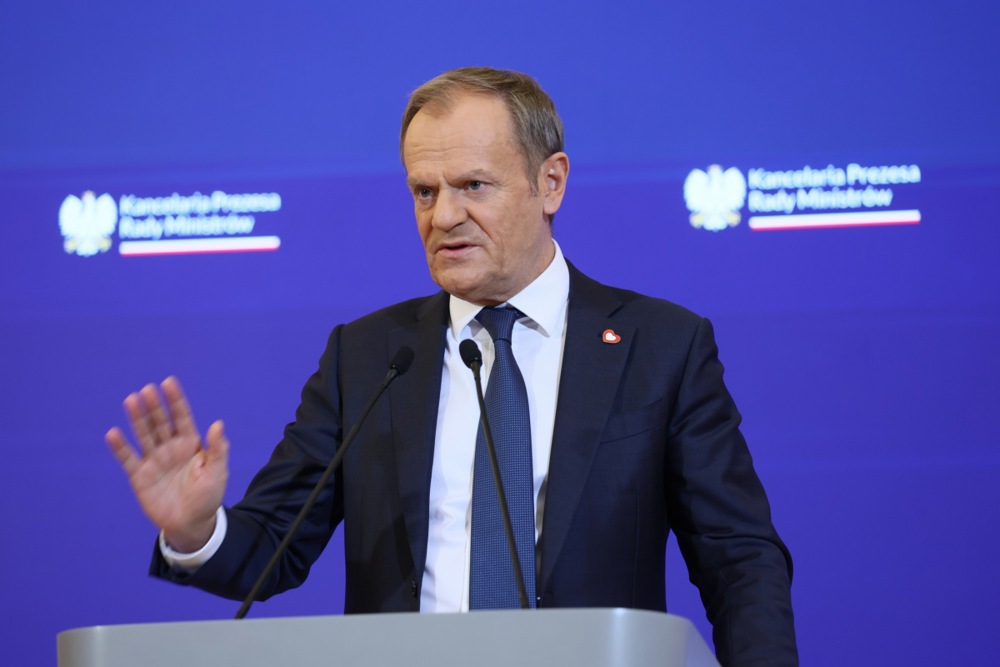The Mayor of Warsaw Rafał Trzaskowski banned the display of religious symbols such as Christian crosses from the city hall and other public buildings, making the capital the first city in Poland to take such action.
Under the new rules announced on May 16, crosses may not be hung on walls – a common practice in Poland – civic staff should avoid displaying religious symbols on their desks and all official events are to be secular in nature.
The issue of the presence of crosses in public buildings is highly sensitive in Poland; the Communists during their 45 years of rule removed such Christian symbols from public buildings and spaces.
After that regime collapsed in 1989, crosses appeared once more on and in public buildings, including the parliamentary chamber. The Polish State signed an agreement with the Vatican that gave the Church a number of rights, including the right to promote catechism – Christian religious teaching – in Polish schools.
Following the death of Polish Pope Saint John Paul II in 2005, the relationship between Church and State has gradually eroded to the extent that the current ruling Civic Coalition, which was formed as Christian Democrats, now agrees fully with the Left regarding what they see as the need to make Poland a more secular state.
Trzaskowski stressed that, with his move, he was merely trying to combat discrimination rather than target religion.
“Poland is a secular state and Warsaw is its capital. No one is challenging people’s rights to their religious beliefs but anyone who comes into a public office should feel they are in a neutral place,” he said.
He also assured that “no one wants to combat any religion and that religious symbols will have their place when history is celebrated”.
The removal of crosses from public buildings has been criticised by the opposition PiS, with its leader Jarosław Kaczyński devoting a part of his latest EP elections campaign speech to the issue, accusing the Warsaw Mayor of “triggering a religious war”.
Kaczyński linked the issue to the European elections by arguing that PM Tusk’s party represented “a European option to destroy religion and faith”, reducing those who believe in such to the status of “animals”.
The deputy leader of PiS Mariusz Błaszczak MP shared news of the Warsaw rules on social media alongside a quote by Jerzy Popiełuszko, a Catholic priest murdered by the Communist security police in the 1980s: “There are invisible prisons … of systems and regime that not only destroy the body, but they reach further, they reach the soul, they reach deep into true freedom,” read the quote.
On social media, former deputy culture minister Jarosław Sellin MP claimed Trzaskowski’s decision was discriminatory towards practicing Catholics. “I always have a cross on the desk in my office, which means that I could no longer work in Poland’s capital city. What’s that if not discrimination?” he said.
Trzaskowski – who according to most recent polls seems likely to become Polish president following next year’s national vote – made his move as campaigning for June’s European Parliament elections ramps up.
In the EP contest, both the major parties, the governing Civic Coalition and the opposition Conservatives (PiS) are keen to mobilise their voters around identity issues.
Trzaskowski’s has also moved to strengthen LGBTQ rights in the city.
Those new rules relate to city employees including teachers. “In the case of a transgender person whose appearance may differ from stereotypical ideas related to gender recorded in official documents, address him or her with the name or gender pronouns that he or she indicates,” the regulations state. They also specify that “a non-binary person should be asked for their preferred pronouns”.





